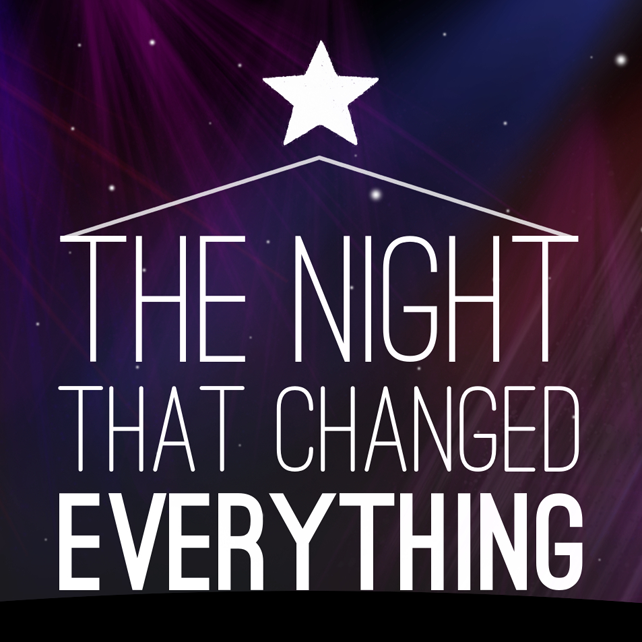Hi! Welcome to Redeem the Commute. I’m Ryan, you host for the daily challenges. These daily challenges are meant to help people explore what it means to follow Jesus even during our busy commuting lifestyle. If you’ve never looked into what that means in the first place, I’d really encourage you, check out our Christianity 101 course first. You can take it live in-person or through our mobile app; great introduction to the basic concepts of what it means to follow Jesus that we try to build on in the Daily Challenges.
Every day and week, we follow a rhythm to help us, as one community, learn what it means to follow Jesus even when we’re not physically together. Every Monday,we introduce the idea for the week. Every Tuesday, we see what the Bible has to say. Every Wednesday, we allow ourselves to be challenged in our thoughts. Every Thursday, we try to apply it and live it out in our lives. Every Friday, we take time to pray and reflect on the topic. Saturday is a day for rest and then Sunday is a day for community. We’re going to start gathering together as one community soon. We just recently had a great baptism service and celebration where a number of our members came together in one place to worship God. We’re going to do that more and more often over this year. So, stay tuned for some of our upcoming gatherings.
We’re in a series right now called, “Reset.” We’re looking at how deciding to follow Jesus resets everything in our lives. We’ve looked at a number of areas that it impacts. This week we’re going to look at how following Jesus impacts our view of family.
What’s a family for? Yes, there is a functional reality that families are a vehicle for providing food, shelter, etc. to our young. But family can also be an end unto itself – lots of people see raising a family, or raising a certain size of family, or a perfect family, as their life goal.
I recently read a book by Kevin O’Leary book of Dragon’s Den fame, where he repeatedly spoke about developing a family dynasty. The book opens with a story of divorce, where the husband had an affair and squandered his family dynasty because he didn’t realize the value of what he’d built up with his first wife. Kevin bases his book on wanting people to see “value” in their family, which he considers a place to teach values about money, debt, hard work, etc. But he never asks: why?
The problem when we see family as an end unto itself. Families are made up of broken human beings, they regularly break down, and they don’t always start. If we’re living for family, that’s very risky.
Jesus knew that Family can become an idol, or something we worship and pursue above all else, that could compete with his and God’s place in our hearts:
35 For I have come to set a man against his father, and a daughter against her mother, and a daughter-in-law against her mother-in-law. 36 And a person’s enemies will be those of his own household. 37 Whoever loves father or mother more than me is not worthy of me, and whoever loves son or daughter more than me is not worthy of me. 38 And whoever does not take his cross and follow me is not worthy of me. (Matthew 10:35-38)
We can worship family, but when family fails to happen (or happen perfectly), that leaves us with nothing to hold onto. We need a purpose outside of this world, and Jesus fulfills that.
Much as people think Cxity is about promoting marriage and family values, that can’t be the whole story – Jesus and one of the church’s key leaders were single!
According to theologian Stanley Hauerwas of Duke University, Christianity was the very first religion or world-view that held up single adulthood as a viable way of life.
Pastor and Author Tim Keller says, “Nearly all religions and cultures made an absolute value of the family and of the bearing of children. There was no honor without family honor, and there was no real lasting significance or “legacy” without leaving heirs.”
That sounds like Kevin O’Leary’s religion, but Christianity stands in contrast to this! Clearly Jesus and Paul were promoting a different vision of family in their own lives and teaching.
Question: What do you think a family is for? What’s the point? What makes a good family vs. a bad one?
Read the Bible in Sync Today
Ryan Sim - December 18, 2013
Wednesday - Change It - The Night That Changed the Poor
From Series: "The Night that Changed Everything"
In preparation for Christmas, our Daily Challenges are going to explore the lifechanging significance of Jesus' birth so long ago. It's more than a sentimental story, or a time for generosity, Christmas celebrates The Night that Changed Everything. We'll explore the original Christmas story from the Bible, and its impact on five kinds of people.

